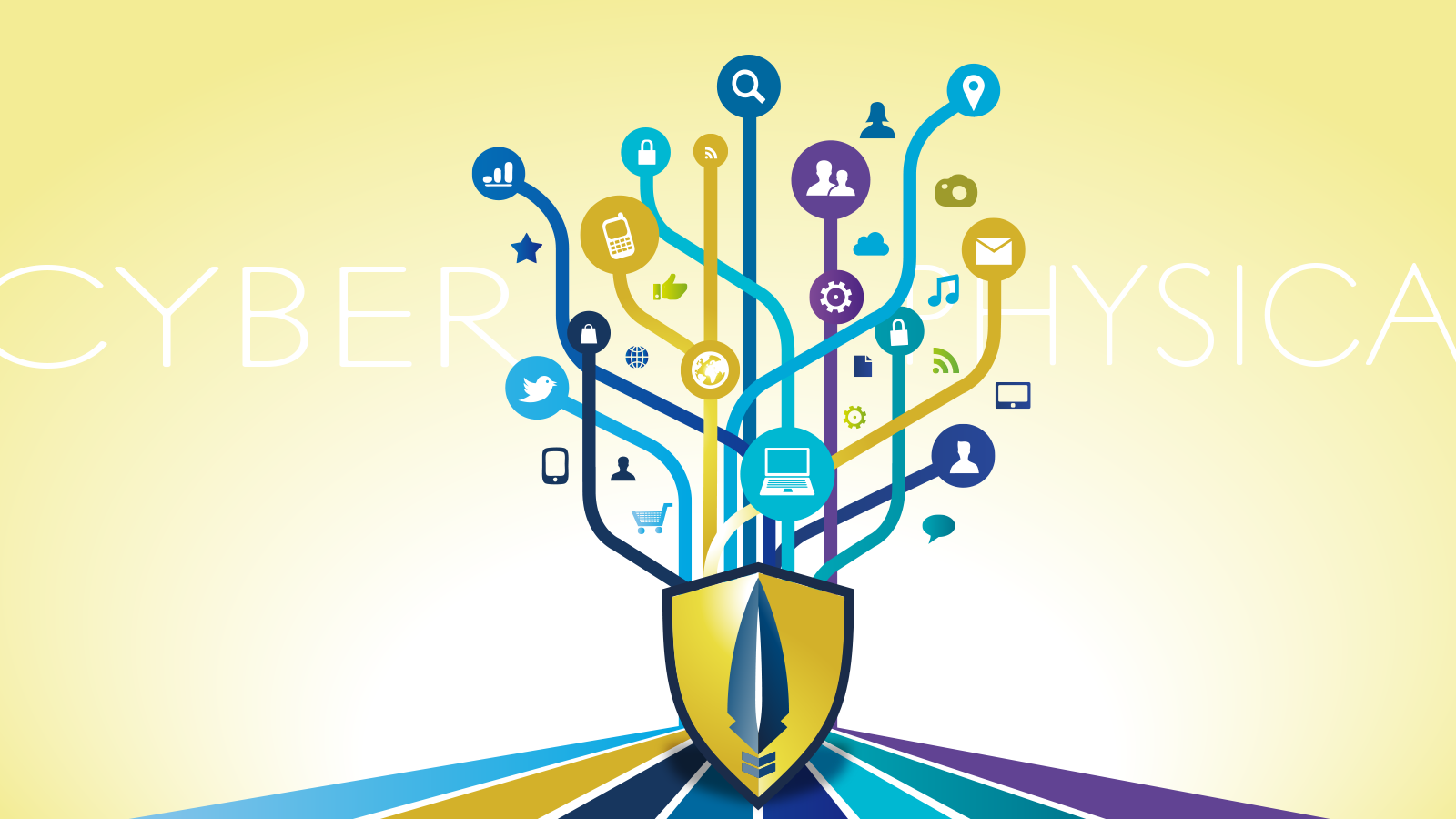Investing in the protection of your people, places, and digital assets is not an option. It’s a legal requirement called Duty of Care. If you could have prevented it, if it was a knowable risk, if people were harmed in any way, the company is exposed. Legally. Financially. Reputationally.
Read MoreTo continue to treat these two as separate domains is both a defiance of reality and a recipe for breach of duty of care. For Fortune 1000 companies and critical infrastructure, it is not a matter of if a sophisticated attack but when. What will it be?
Read MoreTransformational leadership can happen when integrators stop thinking like salespeople and start thinking like technology innovators. By championing the Convergence and having the skills to engage complex constituents across the C-suite, integrators have the opportunity to lead their clients to a safer world.
Read MoreToday, the absence of that steady stream of visitors exacerbates the traditional risks our seniors face and stretches the capacities of staff even further. The technology infrastructure in many of these facilities has long been behind-the-times, but will COVID-19 be the driver that pushes facilities to make the investment in systemic security technology?
Read MoreWhen integrator teams are on the ground ready to respond on a moment’s notice to any client problems, we can identify and stop would-be issues before they happen. Compare that to a standard “service (we use that term loosely) agreement” where emergency assistance is hours away. Having our team on the inside produces security that is reliable and cost-efficient because we’re never guessing what you need.
Read MoreSecurity Integration has often hung its hat on execution. Finishing a project on-time and on-budget should be table stakes for the real work of transforming the safety of your clients’ people, facilities, and reputation. Here are the four questions every integrator must be able to answer.
Read More







